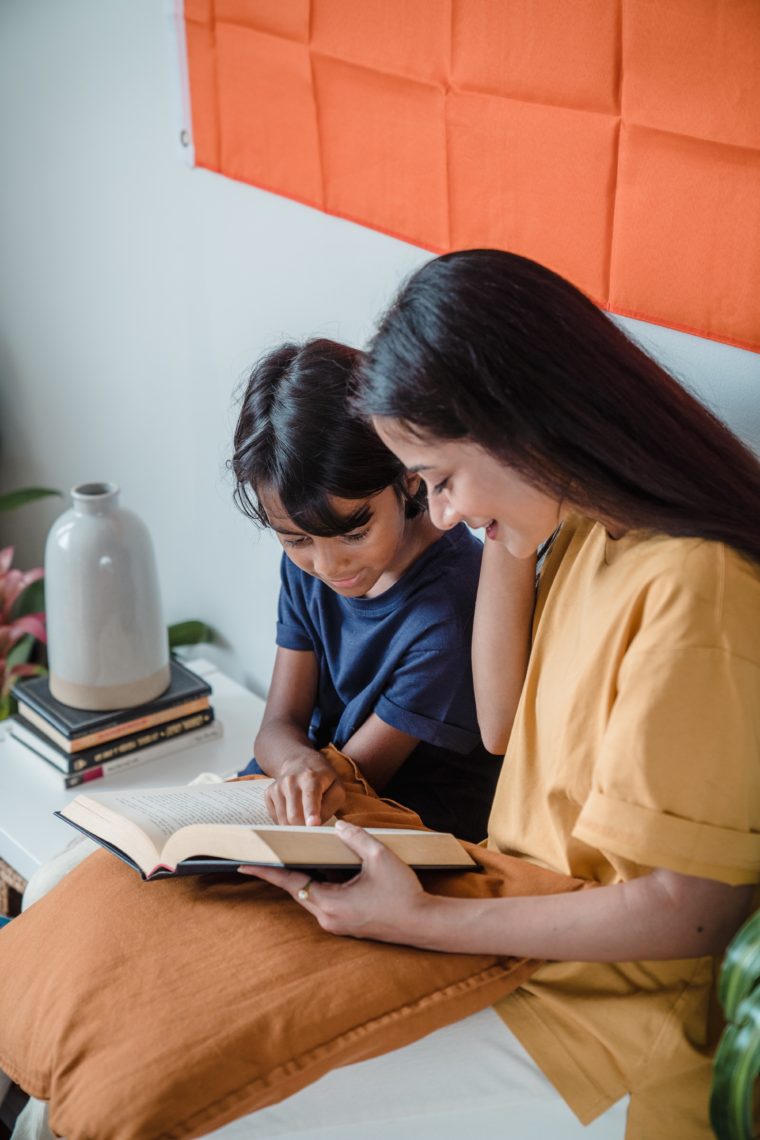Educators will tell you that there is nothing more important for preparing your child to be a successful reader than reading aloud to them.

Your child’s teacher may have told you that you need to read to your child every night for at least 20 minutes and have him or her practice reading at home.
They say you should start that habit when your children are young and continue reading to them even after they can read by themselves.
What about those children who have trouble learning to read?
Does your reading to them or reading together with them help?
Some time ago, a parent of a child who was identified with dyslexia vented with frustration and anger when his 4th grade teacher asked her if she read to him at night.
She stated that she not only reads to him but also uses audiobooks to help him process and understand concepts on various topics.
Despite this and her other efforts at home, he still couldn’t decode the words in a book and was failing in school.
There are many benefits to reading to your child at home,
- It helps to foster a love of reading and learning.
- It improves cognitive skills and memory development.
- It can help children develop language skills, vocabulary, and an understanding of stories and grammar.
- It can teach children about emotions and allow them to explore different characters and situations.
- It’s a fun way to spend time together and provides a great bonding experience for the whole family!
But, when your child has a problem learning to read because his brain processes information differently, just reading to him will not fix that problem.
Here are 2 main reasons children with dyslexia struggle to learn to read at school:
- Studies have shown that persistent failure to acquire efficient reading skills is associated with sensory impairments.
- These deficits are usually in the children’s vision and auditory (hearing) systems… two senses heavily involved in reading.
- Proprioception is essential for sensorimotor control.
- Children who struggle to read regularly have difficulty regulating their arms and legs in their body-space
- Children who have difficulty perceiving their body in space (proprioception) also routinely have challenges with phonological processing (The ability to quickly and correctly hear, store, recall, and make different speech sounds)
- Your child needs explicit, systematic instruction in the way his or her brain works.
- Reading approaches that use “whole language” or “balanced literacy” are ineffective.
- Whole language approaches assume that children learn to read “naturally” by exposure to written language.
- This is true for only a tiny percentage of children.
- Balanced literacy uses 5 components in its curriculum: phonemic awareness, phonics, fluency, vocabulary, and comprehension.
- There is not enough phonemic awareness instruction
- Phonics is taught in a way that those children with average auditory memory get it, but most children with dyslexia have difficulty associating letters with their sounds.
- This approach tries to do too much too soon and struggling readers get lost.
If the main issues that underly your child’s struggles aren’t addressed, his or her reading difficulties won’t disappear by mere reading to them or having them engage in daily reading practice.
The frustration and anger of mothers like the one I mentioned earlier are two of the reasons why I have created a program for parents of children who are struggling to read. In it, I show you how to help your children engage in activities that teach them to decode words without changing the way their brains work.
Click here to chat at your convenience about helping your struggling child succeed – https://letsmeet.io/florencecallender/learning-assessment-call

Too many times, parents are made to feel that they are not doing enough to help a child who is struggling to read. Just reading to them is not enough to entice them to read or to enjoy reading. Direct instruction is needed. I’m so happy that you are there for these parents.
Thanks, Cheryl. Too many parents are “bullied” into thinking they are not doing enough to help their children when the fault lies with the teacher and school system.
Hi Florence, As an educator, I find your information very useful for the classroom and at home. Thank you for sharing. Sending love. Jaime
Thanks, Jaime. So often teachers don’t know what to do to help the children who learn differently. I’m doing my best to help parents and those teachers who are proactive.
Thank you for your perspective, Florence. I had never thought of this topic in that way. For me, it was the opposite. My parents read to me every day, and, somehow, I became a reader. I don’t know how it happened and my mother didn’t know what happened. She just knew that, one day, she discovered I already knoew how to read. Mostly, I just loved the stories and the pictures. I truly don’t remember not knowing how to read. Reading didn’t become a problem for me until I started school and the teacher made noises and expected the class to repeat the noises. If I had had to learn how to read only in school, I doubt that I would be literate today.
You’re welcome, Alice. Thanks for sharing your childhood reading experience. A tiny percentage of children do teach themselves to read. The others need to be taught. And as you observed, those children with auditory problems have significant difficulty learning to read the way it’s taught in school.